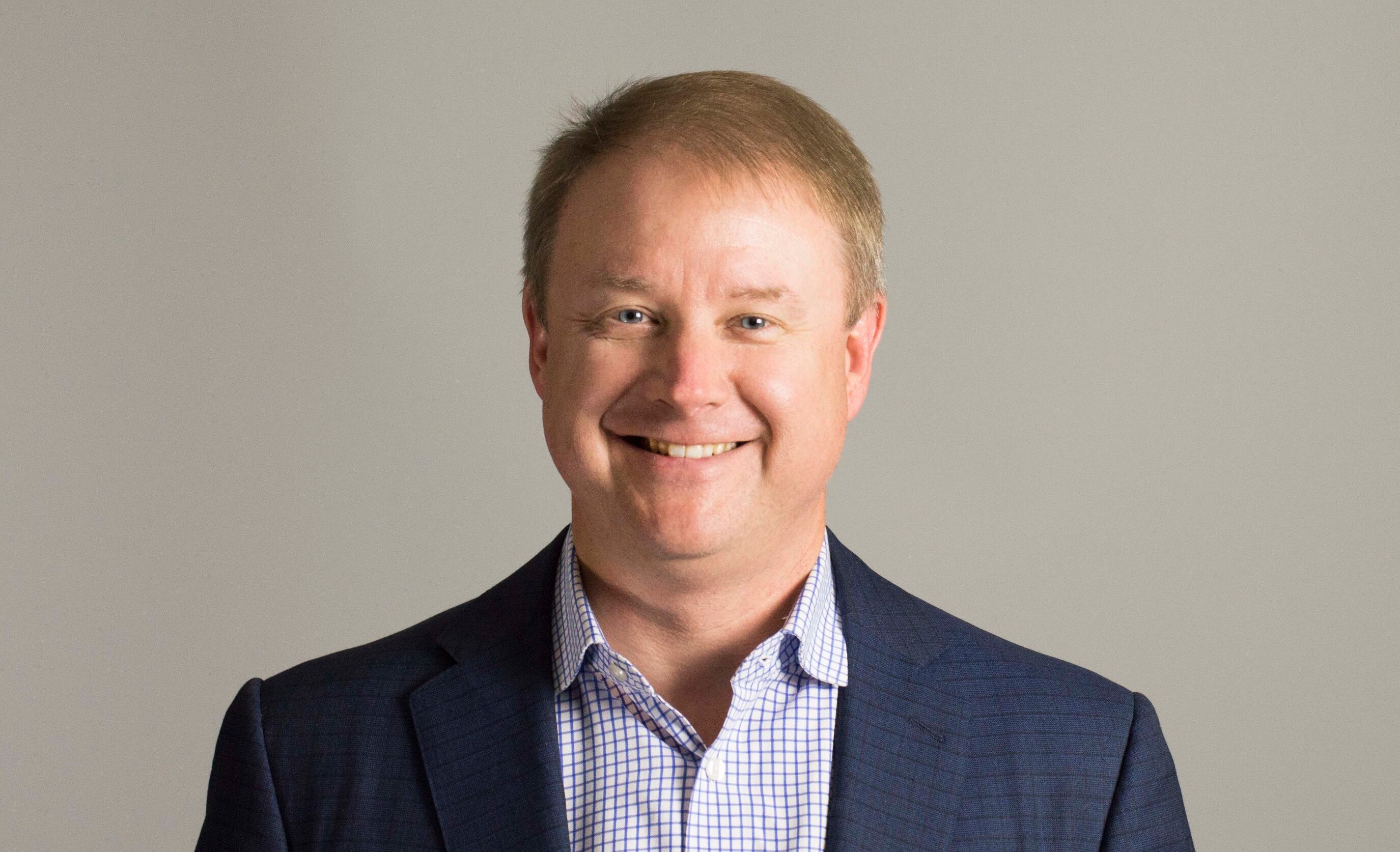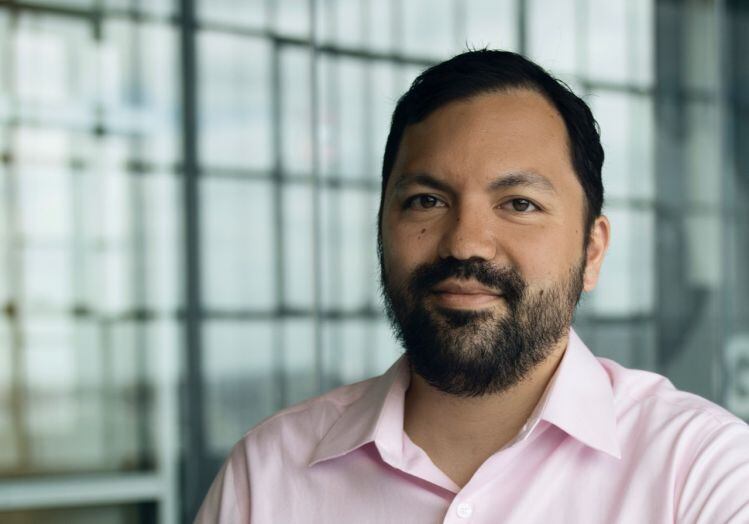Ayana Bio launched in late 2021 with $30 million in Series A funding provided by Viking Global Investors and Cascade Investment. The company uses a proprietary plant cell technology rather than agricultural production to create plant bioactives for human nutrition, overcoming critical challenges in the current supply chain.
“I’m really excited about doing this, about being back in the exploration mode,” Jaksch told us during an interview. “I want to go and find new ingredients.”
“At ChromaDex I was always trying to find a way to make ingredients that are consistent, high quality, and affordable, and the same goals are being applied to Ayana,” he said, with the company’s focus on plant cells for botanical bioactives without agriculture.
“Manufacturing botanical ingredient from plants is challenging in good conditions, but supply challenges and the impact of climate change and war is making this even more difficult,” he said.
Indeed, as reported last week by NutraIngredients-USA, yields for a number of botanicals are declining year on year, with speakers at the American Herbal Product Association’s 10th Botanical Congress: Botanicals & Planet Earth reporting drops for plants such as valerian, chamomile, lemon verbena, European elderberry, and more.
Technology
Jaksch explained that the company is not trying to identify a gene and insert it into yeast, for example, and using that as a production factory. Ayana is engineering plant cells to grow without being a plant in the ground, but in stainless steel reactors, he said.
Through its partnership with Ginkgo Bioworks, Ayana Bio can rapidly analyze its plant cell library to identify superior cell lines, said the company. From there, Ayana Bio grows and scales the cell lines using standardized cultivation methods in stainless steel tanks.
The technology yields plant biomass with the identical molecular makeup of the plants found in nature—produced without the land, irrigation, fertilizers, or pesticides required by agriculture. The company claims it may also solve standardization problems plaguing all agriculture-based supply chains and provides climate change resilience while protecting natural ecosystems and biodiversity.
“Plant cell technology gives us the same kind of canvas as the original plant material,” said Jaksch, who emphasized that the focus is on non-GMO approaches and making ingredients that are the closest thing to the original plant material.
“It’s like a stem-cell approach, and how you handle those stem cells can control for tissue specificity: Different tissues have different characteristics, the medicinal value can be different,” he explained. In other words, when people are offering echinacea root extracts, or root plus aerial parts (leaves, for example), then Ayana is also exploring how to differentiate the tissue growing in their reactors.
Echinacea is not currently on the list of targets, however. The company is focusing initially on high-value ingredients with scarcity issues that are often the target of economic adulteration, like ginseng, ginger, saffron, berry anthocyanins, and cocoa.
While Jaksch was open about some of their initial targets, he would not be drawn on timescales and the path to market for the ingredients. “We’re still a start-up and we will be more transparent in the coming months,” he said.
So, what’s the regulatory outlook for such ingredients? “As long as we stay within the confines of non-GMO, we’re planning to initially to establish these crude extracts as equivalent to what’s already in the market,” said Jaksch. “We continue to work and engage with regulatory people and the FDA and making sure we’re clear about what we’re doing. I don’t think we’ll have to do any regulatory work beyond proving equivalence.”
Résumé
Jaksch has more than 25 years in life sciences and food, beverage, and dietary supplement consumer products, building dietary supplement and food ingredient company ChromaDex from the ground up and taking the company public on Nasdaq. He is maintaining his interest in ChromaDex, he told us: He still owns shares and is the Chairman of the Board (a non-executive position).




